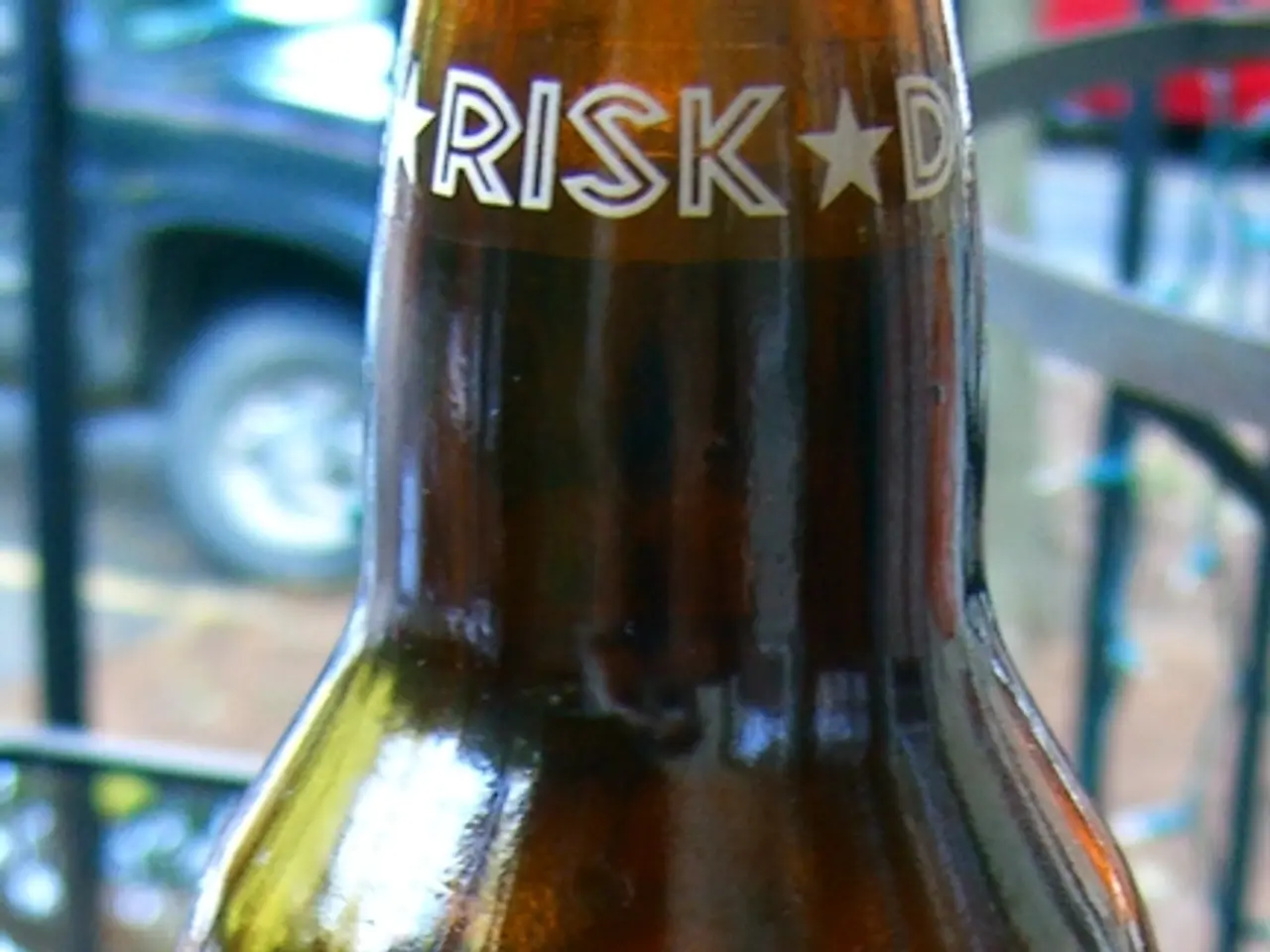Decrease in Clinical Cases of Severe Alcohol Intoxication among Adolescents - Decrease in Intoxicated Young Individuals in Medical Facilities
**Headline:** CEO of Health Insurance Company Warns About Long-Term Effects of Adolescent Binge Drinking
In a recent statement, Tom Ackermann, the CEO of a health insurance company, has expressed concerns about the long-term health effects of binge drinking among adolescents. Ackermann emphasized that every case of teen alcohol poisoning is one too many, and urged for continued education about the dangers of alcohol and encouragement for a lifestyle with less or no alcohol.
The discussion was focused on the German state of Schleswig-Holstein, where 74 adolescents aged 12 to 20 were hospitalized in 2024 due to alcohol poisoning. This number represents a decrease from the previous year's 89 cases. However, Ackermann did not express encouragement about the decrease, instead reiterating the importance of ongoing prevention and intervention efforts.
Research shows that heavy alcohol use during adolescence can have profound long-term health effects. Brain development is significantly impacted, with heavy drinking negatively affecting the development of crucial brain regions such as the frontal and prefrontal lobes. This can result in long-lasting cognitive and behavioral problems, including difficulties with memory, learning, and decision-making.
Adolescents who binge drink are also at a higher risk for mental health issues such as depression, anxiety, and even psychosis. There is a bidirectional relationship between alcohol use and mental health, which can entrench patterns of poor well-being and complicate recovery. Early initiation of heavy drinking increases the likelihood of developing alcohol dependence and substance abuse disorders later in life.
Chronic and heavy alcohol use can lead to liver cirrhosis, cardiovascular diseases, and certain cancers, which may manifest earlier and more severely in individuals who begin drinking heavily as adolescents. Binge drinking is associated with immediate risks such as alcohol poisoning, injuries, and accidents, which can lead to hospitalization, missed school days, and disrupted social development.
The impact of binge drinking on school and career prospects is also significant. Impairments in brain function, memory, and executive skills can result in lower grades, reduced academic motivation, and an increased likelihood of dropping out of school. Behavioral problems, absenteeism, and social isolation are common among adolescents who engage in binge drinking, which can limit opportunities for extracurricular activities, leadership roles, and positive peer relationships.
The combination of poor academic outcomes, increased risk of mental health issues, and the potential for substance dependence can restrict access to higher education and limit career advancement. Employers are increasingly aware of the long-term impacts of adolescent substance use on work readiness and reliability.
Ackermann reminded parents and other role models of their influence on young people's behavior, emphasizing the importance of setting a positive example and promoting a healthy lifestyle. The analysis was conducted by AOK NordWest, and the topic of adolescent development in relation to alcohol consumption remains a pressing concern.
- Ackermann, the CEO of a health insurance company, urges for more vocational training programs in schools to promote health and wellness and reduce the risk of chronic diseases, considering the long-term effects of binge drinking on cognitive and behavioral development, mental health, and potential substance abuse disorders.
- Recognizing the connection between mental health, fitness and exercise, and the impact of alcohol on medical-conditions, Ackermann emphasizes the importance of community policy that discourages binge drinking in an effort to prevent chronic diseases, such as liver cirrhosis and cardiovascular diseases, and ensure a healthier future for the youth of Schleswig-Holstein.
- In addition to the immediate risks associated with binge drinking, such as alcohol poisoning and accidents, the CEO of a health insurance company argues that the long-term effects of heavy alcohol use during adolescence can impact one's overall career prospects by limiting academic opportunities, access to higher education, and career advancement.




